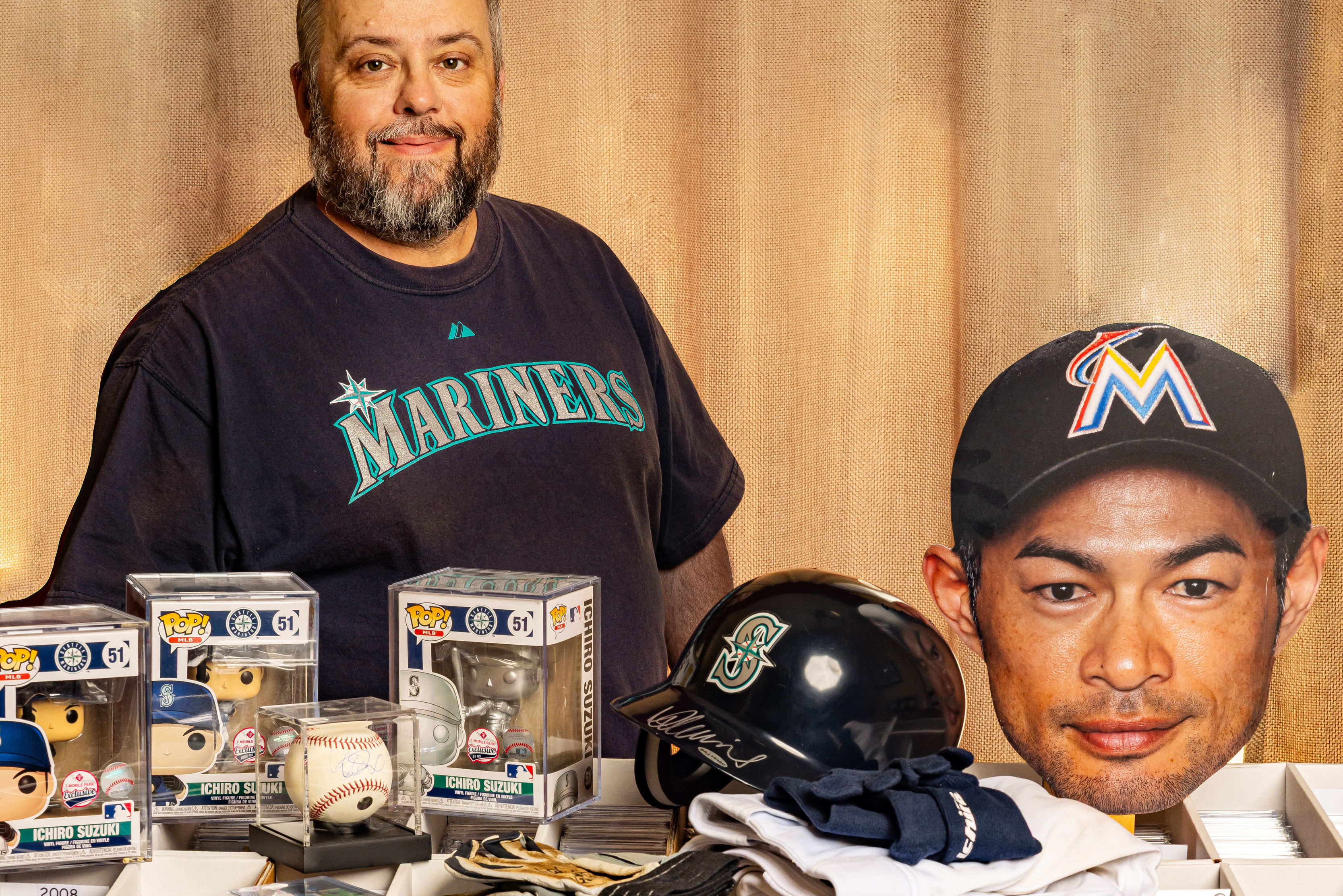Seattle Businesses Are Embracing Reluctant Canadian Tourists

Toronto isn’t anywhere near Seattle, and its baseball team isn’t a Mariners’ rival. But every year when the Blue Jays come to town, downtown floods with Jays hats and cheerful “eh”s thanks to tour companies’ charter busses that bring fans stateside. Some reports say half of T-Mobile’s seats in those games are sold to Canadian baseball fans, many from the Vancouver, BC, area.
Or least that’s how it used to be.
With the Trump Administration’s Canadian tariffs, not to mention the president’s insulting rhetoric about Canada becoming an American state, Vancouverites’ interest in the annual south-of-the-border baseball weekend has waned. The missing Canadians will be felt all summer: Projections expect incoming international travel to fall 15.2 percent this year, and Canada is the city’s number one international market.
That’s how the website Open Arms for Canada was born. Launched in late April, it lists 29 Seattle businesses—everything from Argosy Cruises to Capitol Hill fine dining restaurant Spinasse—offering Canadians a special deal: Show proof of Canadian residence, then pay the listed US price at their establishment in Canadian dollars. That makes for about a 30 percent discount.
The idea grew out of a community development roundtable a few weeks ago, when Microsoft vice chairman Brad Smith made an offhanded comment about the slowing of Canadian tourists across the border. One thing he said stuck with Ivar’s president Bob Donegan: “We ought to do something.”
Shortly after that, Donegan was with Howard Wright, whose Seattle Hospitality Group is affiliated with everything from the Space Needle to Pike Brewing Company, at a waterfront association meeting and heard that FRS Clipper, which runs passenger ferries from Seattle to Victoria, was seeing the number of passengers coming down from Victoria on its signature route drop by half. Donegan, whose clam chowder chain has an outpost in T-Mobile park, noted that advance sales for the usually packed Blue Jays–Mariners series in early May were anemic.
Wright, Donegan, and others launched the Open Arms website April 25. It’s ready for the Blue Jays games, which run May 9–11. Though the discounts are significant, Donegan says the money isn’t actually the point. The message, spelled out on the site, is that this Washington doesn’t endorse what “the other Washington” is doing and wants to extend a metaphorical welcoming hug.
Donegan doesn’t expect a huge uptick in visitors or much extra revenue from the website, but has already been pleased that Vancouver media has picked up the story. “They love the idea of their friends south of the border thinking of them and inviting them back. It’s earning goodwill,” he says.
Of course, money is still a big deal when it comes to Seattle’s tourism industry. Visit Seattle stats note that international comers make up almost 10 percent of visitor spending, even though they’re only about 6 percent of tourists. Seattle is scheduled to be a host city for the 2026 Men’s World Cup, which will both cost and, many hope, make a lot of money.
But most of the biggest sources of Seattle tourists—Canada, China, the UK, Germany—have travel advisories for the US. It’s not just about feeling bad vibes in the US; long wait times, visa delays, and stories of tourists detained at the border have affected tourist sentiment.
Seattle isn’t the only city with northern worries; Palm Springs put up banners noting that the city hearts Canada, and Governor Gavin Newsom then launched a statewide campaign to lure Canadians back. This is smaller; Seattle Hospitality Group describes the Seattle site as a grassroots effort, and it’s not currently expected to stay live past the Blue Jays weekend.
For his part, Donegan doesn’t think of this as a political move, despite language on the site saying “we regret how our federal government is treating you.” He doesn’t expect backlash. “We're not positioning this as a political response,” he says. “These people are our neighbors and friends. Let’s be friendly to them.”




